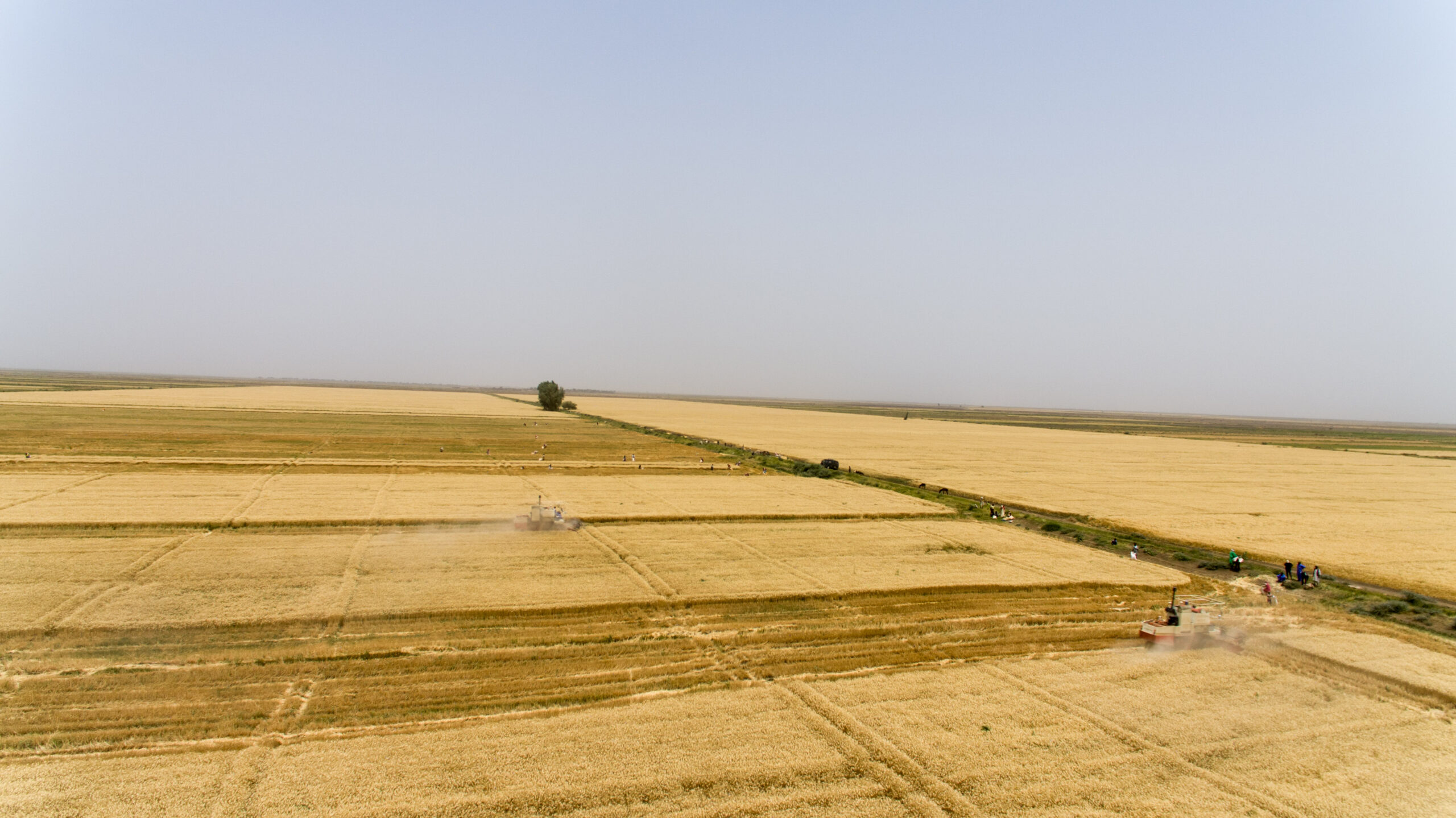Science, research and innovation are essential to accelerate the transformation to healthier, more sustainable, more equitable and more resilient food systems.
What scientific innovations are needed and how they can inform related policies will be put on the front burner at the Science Days, a virtual conference organised by the Scientific Group to the UN Food Systems Summit and facilitated and hosted by the UN Food and Agriculture Organization on 8-9 July.
The conference will be opened by FAO Director-General QU Dongyu, UN Deputy Secretary-General Amina Mohamed, Special Envoy for the Food Systems Summit Agnes Kalibata, and Chair of Scientific Group for the UN Food Systems Summit Joachim von Braun.
Discussions at the conference will be informed by a strategic paper prepared by members of the Scientific Group, which will be presented on the first day of the conference, and a series of papers by partners of the Scientific Group.
In 17 different sessions, speakers from all over the world will discuss science, technology and innovation for food systems transformation. The goal is to support the agenda-setting process of the Food Systems Summit with scientific evidence and perspectives.
More than 40 Side-Events will precede the Science Days on 5-7 July, which offer research and knowledge organisations an opportunity to present their insights on the topic. One of such is the side event on scaling up innovations to modernise African food systems, which holds 7th July 2021 at 14h00 (GMT).
Organised by Technologies for African Agricultural Transformation (TAAT) in collaboration with the International Institute of Tropical Agriculture (IITA), The WorldFish Centre, International Crop Research Institute for the Semi-Arid Tropics (ICRISAT) and the Alliance of Bioversity International and CIAT, the side event aspires to provide vistas on TAAT’s efforts at transforming African food systems through technology delivery and innovative partnerships that drive food security, deliver better nutrition, reduce poverty, and strengthen food systems.
The pre-Science Days event sets out to examine the impact of scientific innovations and partnerships on food systems and how these can help African farmers build climate and food resilience across agro-ecological zones. It will unveil opportunities for deepening technology delivery, linking various research innovations to impact delivery in Africa through a complementary convergence of science and technology, favourable policies, strong support institutions and services, and access to finance and markets.
Dr Nteranya Sanginga, DG IITA, will open the side event while Dr Martin Fregene, Director Agriculture and Agro-Industry at the African Development Bank, Dr Kenton Dashiell, Deputy Director General (Partnerships for Delivery) IITA, and Dr Ramadjita Tabo, ICRISAT’s Regional Director will be providing strategic insights. Equally speaking at the event are Prof Bernadette Fregene, TAAT Aquaculture Leader, WorldFish Centre and Dr Robin Buruchara, Senior Advisor, The Pan Africa Bean Research Alliance (PABRA) of the Alliance of Bioversity International and CIAT
Around 2000 participants from research, policy, civil society and industry will come together to examine how to unlock the full potential of science, technology, and innovation to achieve more healthy diets and more efficient, inclusive, resilient and sustainable food systems.
They will also discuss how to push the frontiers of bio-science; advance digitalisation in food systems; strengthen the science-policy interface; invest in capacity for science and innovation; engage indigenous peoples, women, youth and the private sector in food systems transformation; address contentious issues hindering science, and prioritise urgent actions needed by 2030 and beyond.
The Scientific Group was established by the UN as an independent body of leading researchers from around the world to ensure the robustness and independence of the science that underpins the Food Systems Summit.
After the Science Days, the United Nations Food System Summit 2021 will be convened by UN Secretary-General António Guterres in September as part of the Decade of Action to achieve the Sustainable Development Goals (SDGs) by 2030. The Summit will launch bold new actions to deliver progress on all 17 SDGs, each of which relies to some degree on healthier, more sustainable and equitable food systems.
Sponsored by the African Development Bank as part of its Feed Africa Initiative, TAAT’s main objective is to improve the business of agriculture across Africa by raising agricultural productivity, mitigating risks and promoting diversification and processing in 18 agricultural value chains within eight priority intervention areas.
The programme increases agricultural productivity by deploying proven and high-performance agricultural technologies at scale along nine commodity value chains: maize, rice, high iron beans, wheat, cassava, orange-fleshed Sweetpotato, sorghum, and sorghum millet, livestock and aquaculture. These work with six enabler compacts addressing transversal issues such as soil fertility management, water management, capacity development, policy support, attracting African youth in agribusiness and fall armyworm response.








Your article helped me a lot, is there any more related content? Thanks!
guv25h